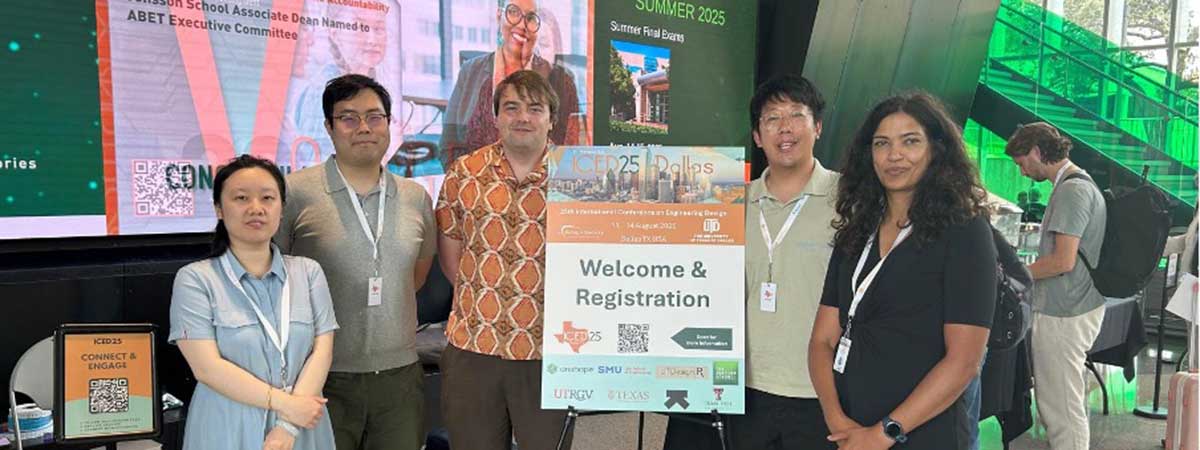University of Exeter will lead a consortium announced by the Government’s Defence Science and Technology Laboratory (Dstl) to form the Defence Data Research Centre (DDRC), as part of the newly released Defence AI Strategy and the newly established Defence AI Centre.
Awarded through competition and operating under the SERAPIS framework, the DDRC comprises a consortium led by the University of Exeter, and supported by the University of Liverpool, University of Surrey and the Digital Catapult. In leading the consortium, the University of Exeter will combine its business and digital strategy expertise from the Initiative for the Digital Economy at Exeter (INDEX) with the deep data science skills of the Institute of Data Science and AI (IDSAI), to form a cross-disciplinary hub for advancing the practice of data-driven research.
The Centre will focus on problems related to the use of data for Artificial Intelligence applications, which can often be inaccessible or unusable in their raw state. Up to 80% of time can be spent in getting data in a state where it can be used, and some projects never start at all due to insurmountable data issues.
The principal task will be investigating problems within a defence context with the expectation that any solutions and mitigations developed by the Centre could be applied elsewhere to benefit the wider UK economy.
The establishment of the Centre is expected to result in the creation of at least 5-8 new academic posts starting from September 2022, with the potential to grow further.
Professor Alan Brown, Director of DDRC from the University of Exeter said: “This transdisciplinary centre explicitly recognises the importance of data and the urgent need for a cross-disciplinary approach. This is a significant award for the universities involved and we are delighted to host this prestigious centre. It is an important indication that Exeter is at the forefront of driving understanding in digital transformation and its implications for key sectors of our society.”
Professor Simeon Yates, lead researcher at University of Liverpool, said: “We are very excited to be part of this project working with Dstl. It builds on several prior research projects we have done in the University of Liverpool’s Department of Communications and Media Studies.
“These looked at citizen data literacy, bias and misinformation, workplace uptake of digital tools, and wider questions about the impact of automation. We will be providing social science insights to the DDRC on the important questions of organisational uses and management of data, bias in data, ethics in data use, and workforce skills and digital literacies.
“We are looking forward to linking up these insights with the business, data analytics, and digital security expertise of our partners at Exeter, Surrey and the Digital Catapult.”
Glen Hart, Senior Principal Scientist at Dstl, said: “The DDRC is an exciting addition in capability to the Defence AI Centre. The DDRC will help to overcome some of the barriers to using data and enable us to realise much of the hidden value of our data to better support the defence and security of the UK. The DDRC is a unique capability in the UK Academic landscape and we look forward to working closely with them.”




